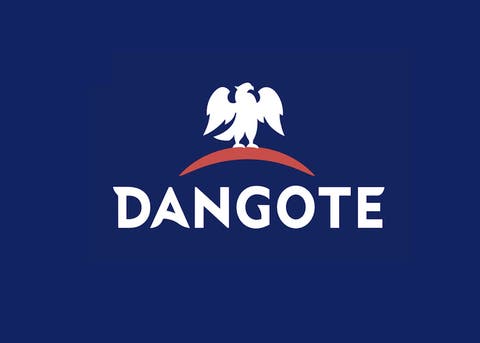
The International Monetary Fund (IMF) has forecasted that Sub-Saharan Africa’s economy will grow by 3.6 percent in 2024, with an increase to 4.2 percent in 2025. This projection was presented by Mr Abebe Aemro Selassie, Director of the IMF’s African Department, during the Regional Economic Outlook at the IMF/World Bank Group meetings in Washington, D.C.
Selassie noted that African countries are implementing challenging yet necessary reforms to achieve macroeconomic stability. He indicated that while imbalances across the region have started to narrow, growth remains inconsistent. “Policymakers face a difficult balancing act in striving for macroeconomic stability while addressing development needs and ensuring reforms are socially and politically acceptable,” Selassie said. He emphasized that protecting the most vulnerable from the effects of these adjustments and enacting reforms to generate jobs will be essential to gaining public support.
Sub-Saharan Africa continues to face significant challenges, including limited economic growth, constrained financing options, and mounting social pressures. Mr. Selassie pointed out that policymakers across the region are under pressure to maintain economic stability, address societal needs, and foster growth through supportive policies.
In analysing the regional economy, Selassie identified three main challenges that need to be addressed as fiscal and monetary authorities strategize solutions for their respective countries.
“First, regional growth, at a projected 3.6 percent in 2024, is generally subdued and uneven, though it is expected to modestly improve to 4.2 percent the following year. Second, financing conditions remain tight. Third, the intricate interaction of poverty, limited opportunities, and weak governance—intensified by rising living costs and short-term challenges related to macroeconomic adjustments—continues to stir social frustrations,” he stated.
Despite these challenges, the IMF remains cautiously optimistic about the region’s economic trajectory. According to the IMF’s outlook, regional growth will benefit from policy reforms aimed at stabilizing economies and addressing long-standing developmental needs. However, the pace and distribution of growth will likely vary, influenced by each country’s policy approaches and ability to manage external pressures.
The IMF’s projections underscore the importance of sustainable economic policies, focusing on job creation, social inclusivity, and poverty reduction to mobilize public support and foster economic stability across Sub-Saharan Africa. As governments work to navigate these reforms, they must balance short-term stability with long-term growth, addressing the needs of their populations in an increasingly complex economic landscape.
READ ALSO: Oyo: Sarkin Sasa sues for peace as leadership crisis rocks Hausawa community









